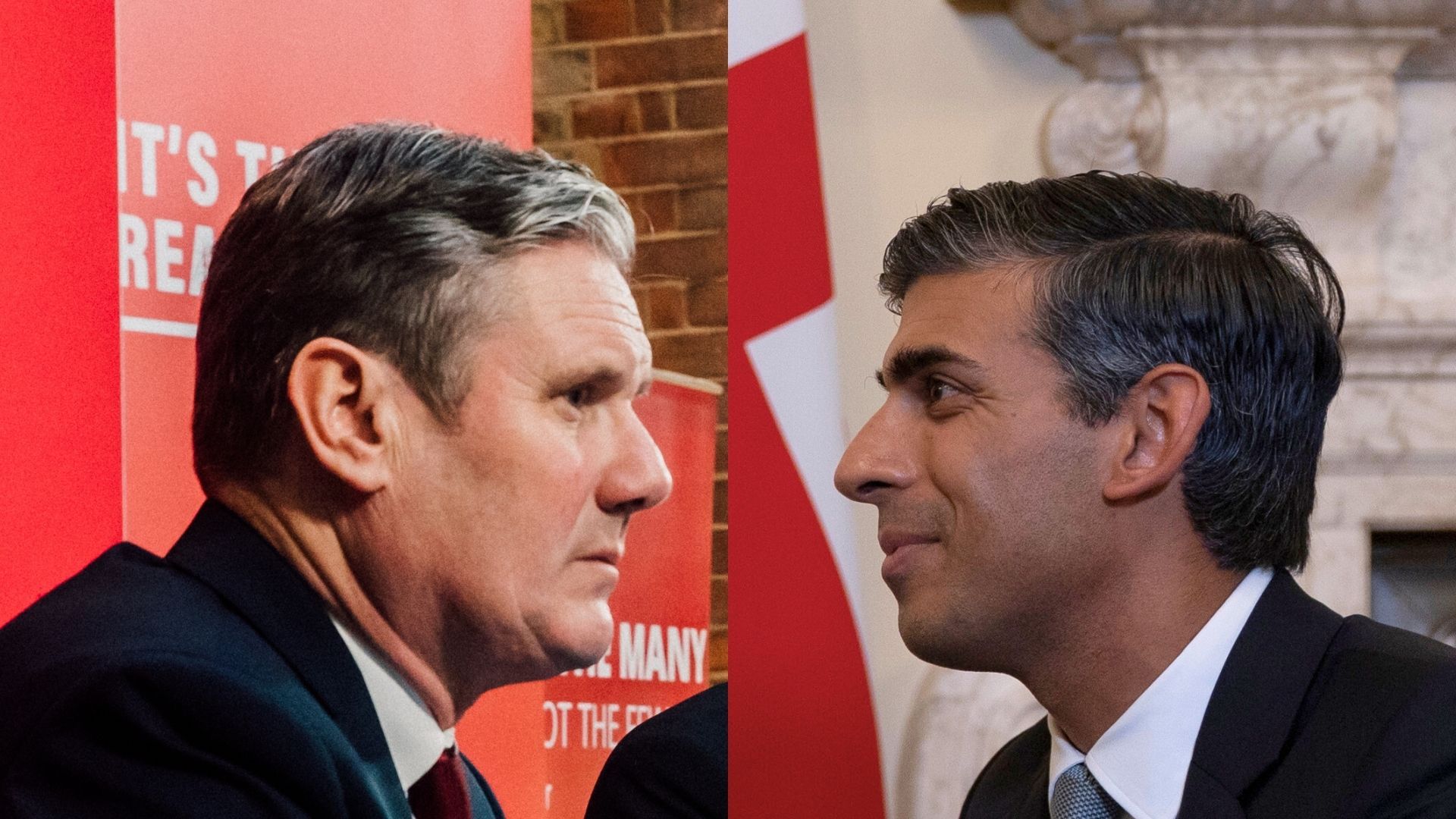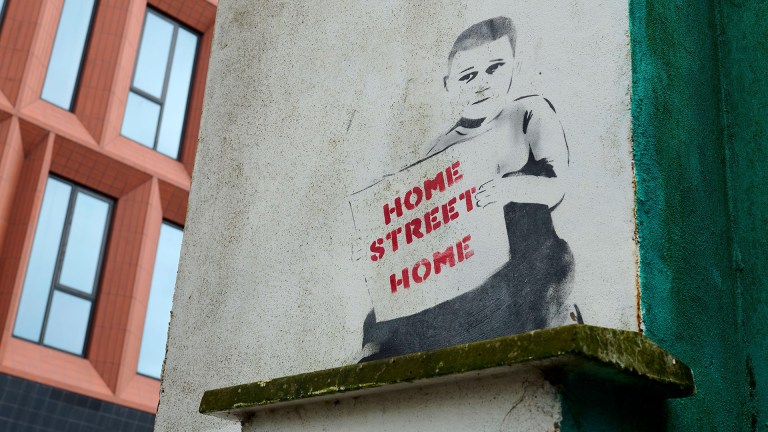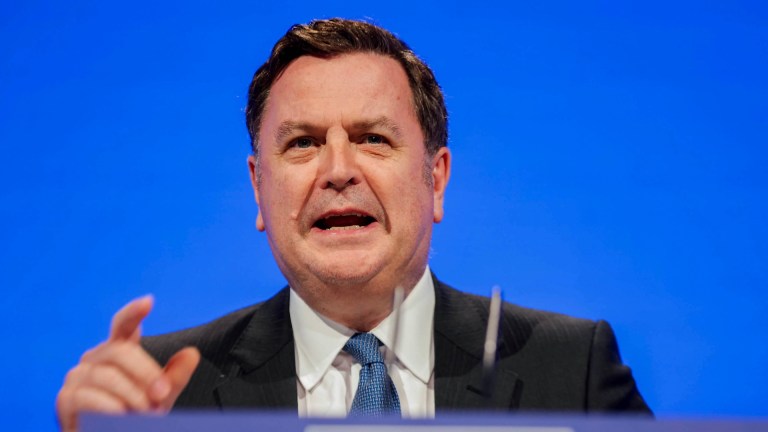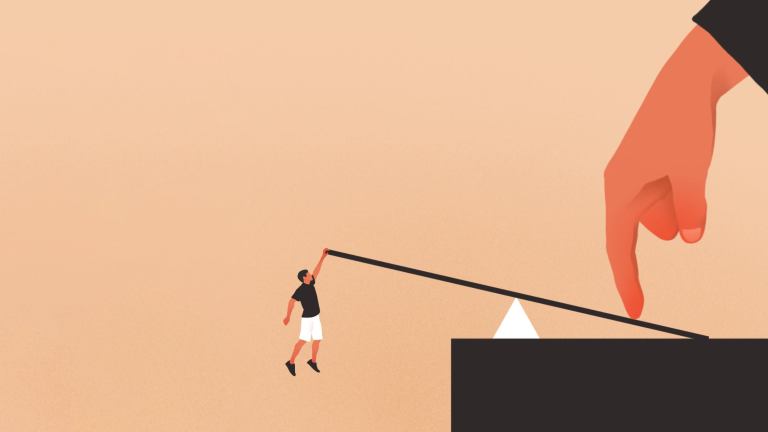A lot has changed in the last 20 years, but here is something that hasn’t: the headline rate of poverty.
It is now 20 years – and six prime ministers – since the last sustained period of falling poverty in the UK. In fact, that sustained fall of around four percentage points in the first half of the 90s didn’t reverse the unprecedented 11 percent rise over the 80s. It has never been reversed.
What’s more, in the last two decades we haven’t just seen a failure to reduce the scale of poverty, we have seen poverty deepening. It’s deepened so far that the average income of people in very deep poverty would need to double their income, at least, to escape poverty.
That’s the equivalent to a whopping £12,800 for a couple with two kids under 14. Six million people were in this position in 2021/22, 1.5 million more than two decades ago. The deeper we look, the worse the picture.
- It’s 20 years and six prime ministers since UK last saw a sustained fall in poverty. Yes, really
- UK poverty: The facts, effects and solutions in the cost of living crisis
Our latest poverty report paints a picture of social failure at scale. And it is a failure we pay for twice over.
First, there are the human costs resulting from the blighted lives of millions of people who face avoidable hardship. Living in a cold, damp or insecure home, or not having enough food, damages people’s physical health. The stigma attached to poverty can increase social isolation, piling further pressure on people’s mental health.









